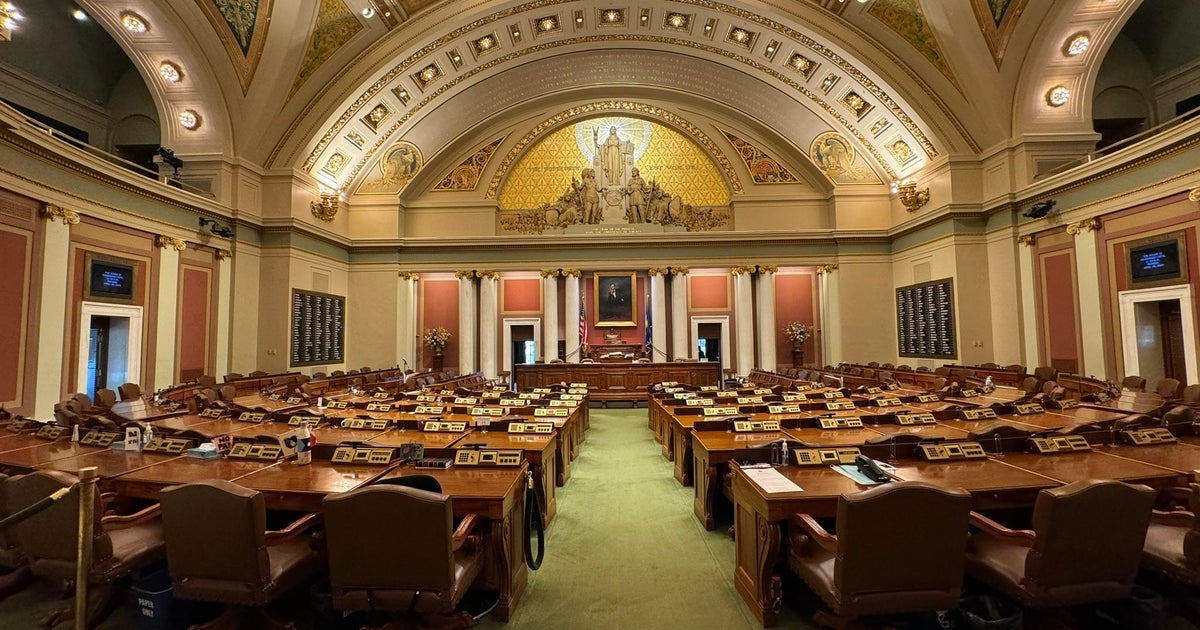Water Gremlin Responsible For Lead Testing And Cleanup, Court Of Appeals Opines
MINNEAPOLIS (WCCO) -- The court of appeals issued its opinion in the case of a manufacturing plant responsible for lead migration. A WCCO investigation last October revealed workers at Water Gremlin were unknowingly taking lead home, poisoning some of their children.
The plant was temporarily shut down and a judge deemed the issue a public health nuisance. Now the court of appeals said that nuisance extends past the property line and into employee homes.
Early on in the lead migration case with Water Gremlin, a judge ruled the manufacturing plant with a history of polluting, would have to offer lead testing and clean up at the homes of impacted employees. The company fought it, saying it should only be required to clean up their property.
Pete Surdo with the Attorney General's office is prosecuting the case for the state.
"The biggest fight that the court of appeals resolved was whether or not this lead dust that left the facility and went into people's homes could be a public health nuisance. The court of appeals said it is," Surdo said.
That means for now the original ruling stands, and the White Bear Township plant is responsible for the testing and cleanup.
"It was why the law was written, to have a company that's responsible for this kind of condition, clean it up," Surdo.
The opinion by the Court of Appeals sets a legal precedent for future cases.
"Because this statue had never been tested before, we now have something called a published opinion that says the public health nuisances extend beyond the exact site where they first came from," Surdo said.
Surdo said Water Gremlin is moving forward with other requirements. It's added temporary trailers to mitigate lead migration and is working on a permanent solution.
But in this instance, a spokesperson for the manufacturing plant said, "Water Gremlin is still considering options and hasn't decided how to respond to the court of appeal's opinion."
The company has until the end of the month to file an appeal to the state Supreme Court.



